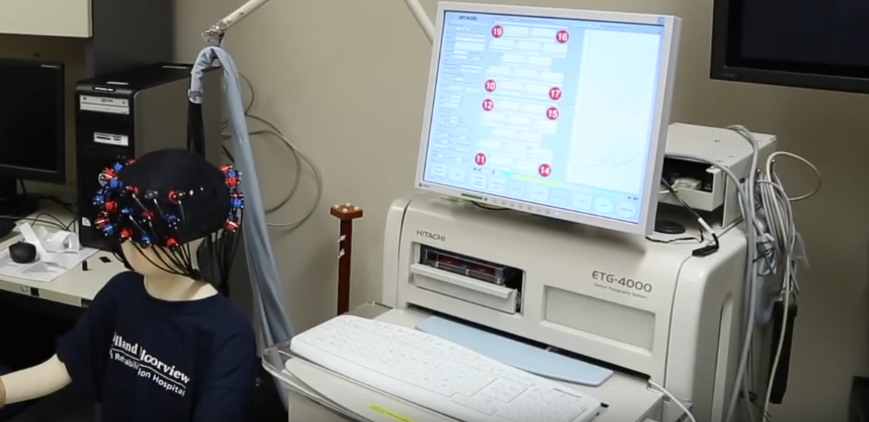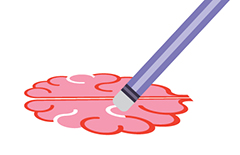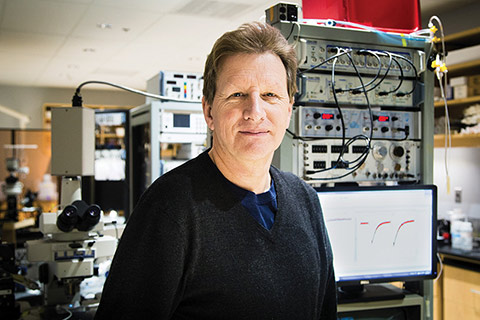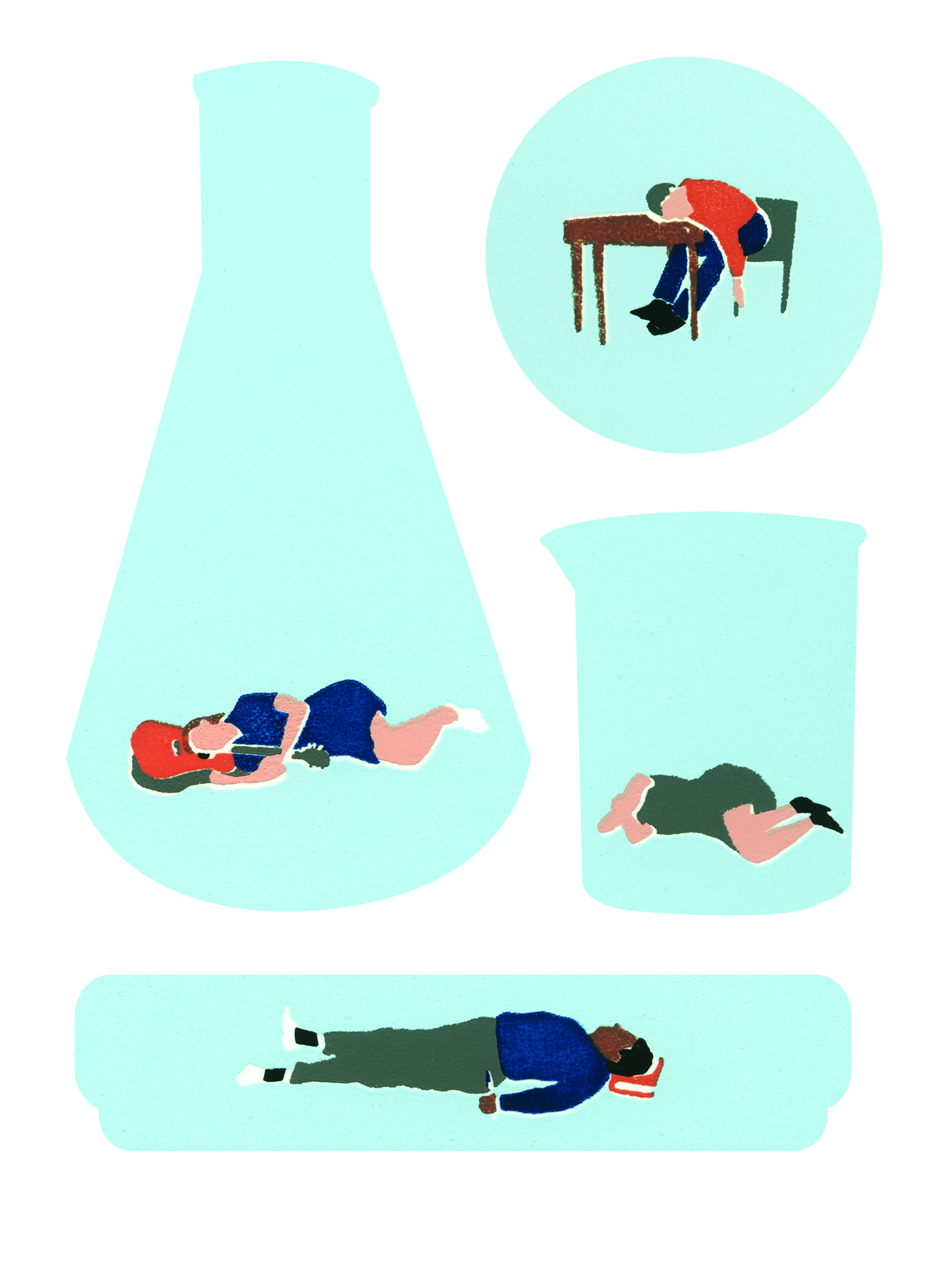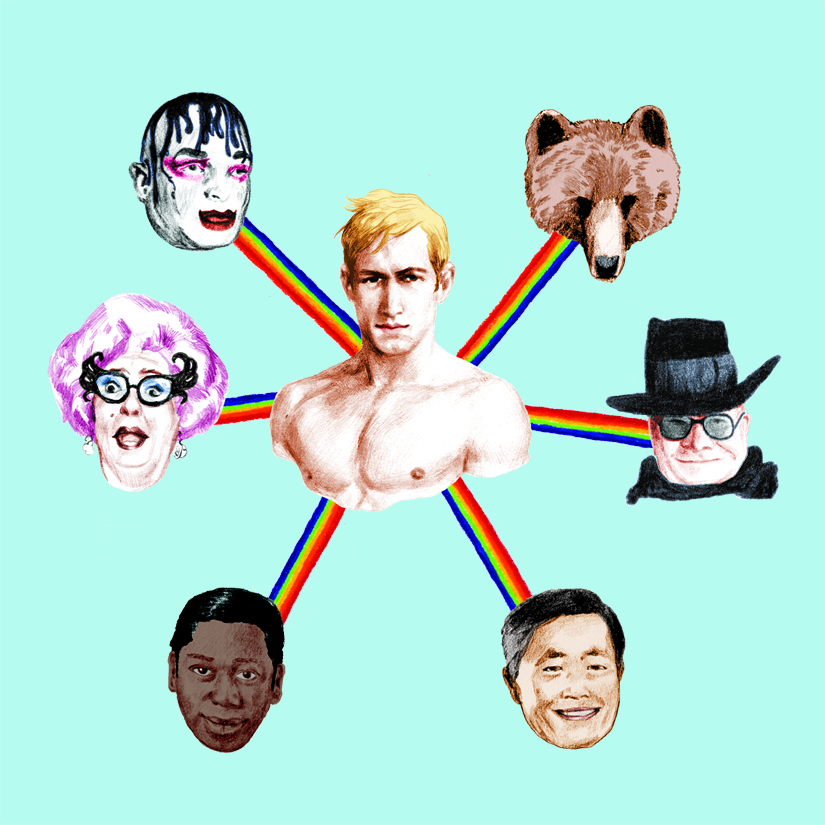When Words Won’t Cooperate
Psychology professor Morgan Barense aims to crack the mystery of non-speaking autism Read More
Psychology professor Morgan Barense aims to crack the mystery of non-speaking autism Read More
Prof. Tom Chau’s lab can already tell what word you’re thinking of, or if you’re singing a song to yourself Read More
Research on mice reveals that specific memories can be weakened. Could this one day help treat the effects of trauma in humans? Read More
Economists have long known that consumers can make confounding choices when presented with too much selection. But they’ve never agreed on why. Enter neuroscience Read More
Researchers discover that our brain erases certain memories for a reason Read More
Understanding how we learn and make memories will lead to better treatments for Alzheimer’s disease, says Brain Prize winner Graham Collingridge Read More
Ron Husmann lost his voice due to MS and didn’t sing for 28 years. Then he learned how to harness his brain’s own healing power Read More
Ambitious 10-year project will create a detailed electronic atlas of the brain Read More
Research is pointing to new treatments for the millions of North Americans who suffer from sleep disorders. Read More
A tiny electrode implanted in the brain may help patients with Alzheimer’s disease, depression and other disorders Read More
After years of incremental progress, spinal cord repair is edging closer to reality Read More
Study could lead to new treatment options for people with addictions Read More
They’re brilliant. They’re bold. They’re young. And they have the national research community applauding Read More
They are on the cutting edge. And they are doing their work right here. A chronology of medical breakthroughs at U of T over the past 20 years Read More
Explore



